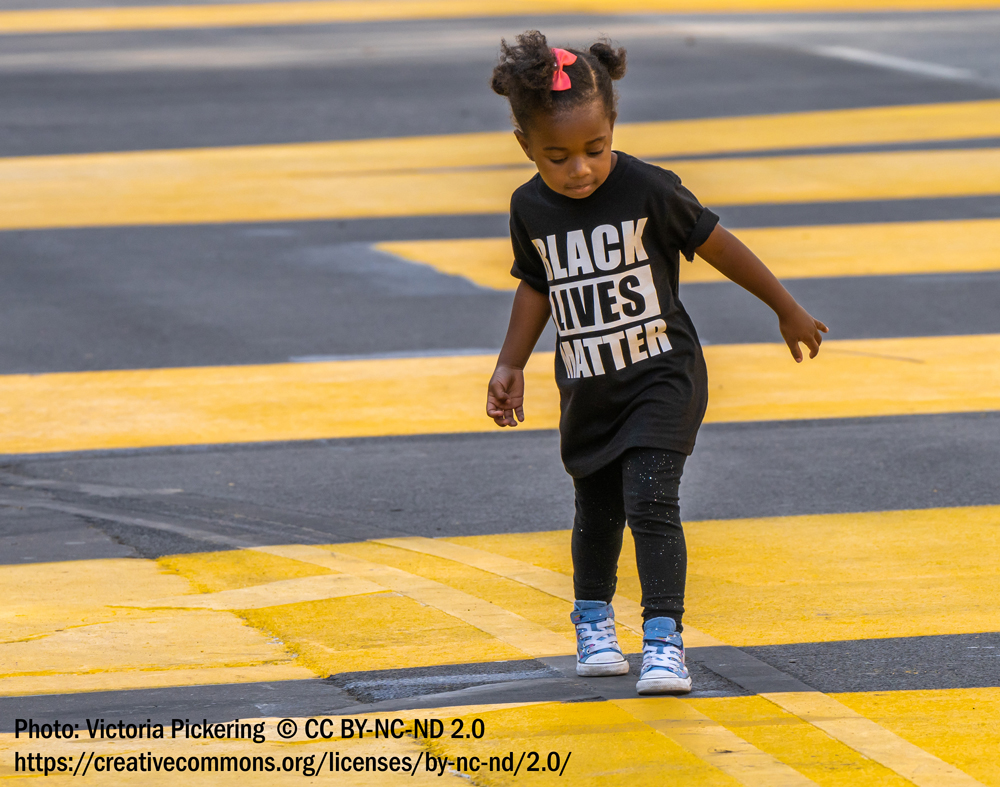
Watching the pandemic of COVID-19 play out has given us an education in so many things. Will it prompt us to wrap our heads around a pandemic of racism? Or shall we debate the semantics of this widespread plague? Racism has profound effects on health and lifespan for people of color. The facts are plain. Racial discrimination explains much about the diseases like diabetes that racial and ethnic minorities endure more often and more severely than the rest of us.
These diseases are more likely to go untreated or poorly treated in Black, Hispanic, and Native American populations. Thus, with poor health as a baseline, COVID-19 has come with devastating effects. Native American, Hispanic, and Black persons are almost three times more likely to die from COVID.
A new CDC analysis explains that racism is a key driver:
Unfortunately, discrimination, which includes racism, exists in systems meant to protect well-being or health. Discrimination can lead to chronic and toxic stress and shapes social and economic factors that put some people from racial and ethnic minority groups at increased risk of COVID-19. There is increasing recognition that addressing the underlying inequities in social determinants of health is key to improving health and reducing health disparities.
Indeed, this is why the American Medical Association has declared that racism is a threat to public health.
Rationalizations
These facts describe an unpleasant reality. So we look for reasons to explain the disparities. For example, much is written about the “mistrust” that minority communities feel toward health systems. It is more comfortable to talk about how those people don’t trust healthcare providers. If the problem is mistrust, then the solution is to fix the way Black and Brown people feel about the system.
But in fact, mistrust is not the real problem. The real problem is a lifetime of experiencing racism in healthcare, in employment, and in daily interactions. Mistrust is a direct result. Disparities in health are not due to the behaviors and beliefs of racial and ethnic minorities. They are the result of health systems that have evolved for the entire history of our country to deliver first-class healthcare to White and privileged people, while offering inferior care to people of color.
So mistrust is a sensible response to experiences with racist systems for delivering healthcare.
Turning Away
When we find other reasons for the unpleasant truth of racism, we are turning away from our brothers and sisters – our neighbors. Jesus tells us in Matthew 25, verse 45 (The Message): “I’m telling the solemn truth: Whenever you failed to do one of these things to someone who was being overlooked or ignored, that was me – you failed to do it to me.”
In this way, COVID-19 presents us with a difficult challenge. For many of us it is an abstract threat. If we are working from home, secure in our jobs, our wealth, and our health, then we can say, “I feel blessed. Really, I have not felt much impact.” But what about our neighbors who cannot work from home and feel the risk of COVID exposure every day? While the economy has recovered for White and wealthy Americans, for Black Americans it is still in a deep recession. Can we turn away from this reality and call ourselves followers of Christ?
The truth is that perhaps as much as COVID, racism plagues our nation. Can we address it head on, without worrying that it makes people uncomfortable?
– Ted Kyle
Ted is a Westminster member, elder, pharmacist, and advocate for sound health policy.
